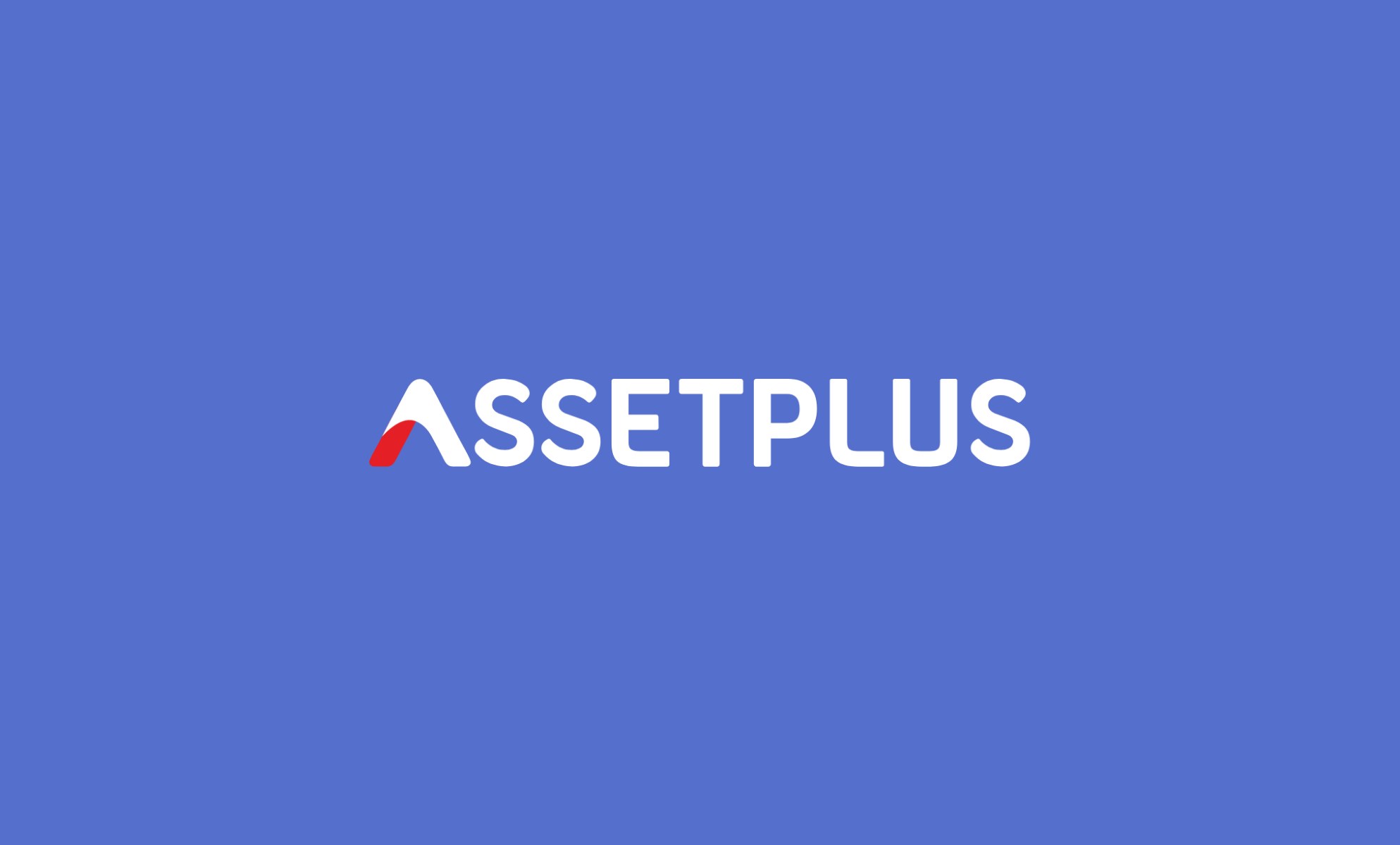
Are you curious about FHA loans? These government-backed mortgages can make homeownership more accessible. FHA loans are popular among first-time homebuyers due to their lower down payment requirements and flexible credit score criteria. But what exactly makes them unique? In this blog post, we'll dive into 20 essential facts about FHA loans that will help you understand their benefits, requirements, and potential drawbacks. Whether you're considering applying for one or just want to learn more, this guide will provide valuable insights to help you make informed decisions. Ready to get started? Let's explore the world of FHA loans together!
What is an FHA Loan?
An FHA loan is a mortgage insured by the Federal Housing Administration (FHA). These loans are designed to help low-to-moderate income borrowers who may not qualify for conventional loans. Here are some intriguing facts about FHA loans.
- Government-Backed: FHA loans are insured by the government, reducing the risk for lenders.
- Low Down Payment: Borrowers can put down as little as 3.5% of the home's purchase price.
- Credit Score Flexibility: FHA loans are available to those with credit scores as low as 500, though a higher score may be required for better terms.
- First-Time Homebuyers: These loans are particularly popular among first-time homebuyers due to their lenient requirements.
- Mortgage Insurance: Borrowers must pay mortgage insurance premiums (MIP) to protect the lender in case of default.
- Loan Limits: The FHA sets limits on how much you can borrow, which vary by location.
- Assumable Loans: FHA loans can be transferred to a new buyer if they qualify, making it easier to sell your home.
- Refinancing Options: FHA offers several refinancing options, including streamline refinancing for existing FHA loans.
- Property Standards: Homes purchased with FHA loans must meet certain safety, security, and soundness standards.
- Debt-to-Income Ratio: Borrowers typically need a debt-to-income ratio of 43% or less, though exceptions can be made.
Benefits of FHA Loans
FHA loans offer several advantages that make homeownership more accessible. Here are some key benefits.
- Lower Interest Rates: FHA loans often come with lower interest rates compared to conventional loans.
- Gift Funds: Down payments can be made using gift funds from family members or other approved sources.
- No Prepayment Penalty: Borrowers can pay off their FHA loan early without incurring penalties.
- Rehabilitation Loans: The FHA 203(k) loan allows you to finance both the purchase and renovation of a home.
- Energy Efficiency: FHA's Energy Efficient Mortgage program helps borrowers finance energy-saving improvements.
Requirements for FHA Loans
Understanding the requirements can help you determine if an FHA loan is right for you. Here are some essential criteria.
- Employment History: Borrowers need a steady employment history, typically at least two years with the same employer.
- Primary Residence: The home must be your primary residence; FHA loans are not for investment properties.
- Appraisal: An FHA-approved appraiser must evaluate the property to ensure it meets minimum standards.
- Income Verification: Lenders will verify your income through pay stubs, tax returns, and other documentation.
- Residency Status: Borrowers must be U.S. citizens, permanent residents, or have eligible non-citizen status.
Key Points to Remember About FHA Loans
FHA loans offer a great option for first-time homebuyers or those with less-than-perfect credit. They require lower down payments, often as low as 3.5%, making homeownership more accessible. These loans are backed by the Federal Housing Administration, which means lenders are more willing to approve applicants who might not qualify for conventional loans.
However, FHA loans come with mortgage insurance premiums, both upfront and annually, which can add to the overall cost. It's crucial to weigh these costs against the benefits. Also, keep in mind that FHA loans have limits on the amount you can borrow, which varies by location.
Understanding these key points can help you decide if an FHA loan is the right choice for your home-buying journey. Always consult with a financial advisor to explore all your options.
Was this page helpful?
Our commitment to delivering trustworthy and engaging content is at the heart of what we do. Each fact on our site is contributed by real users like you, bringing a wealth of diverse insights and information. To ensure the highest standards of accuracy and reliability, our dedicated editors meticulously review each submission. This process guarantees that the facts we share are not only fascinating but also credible. Trust in our commitment to quality and authenticity as you explore and learn with us.


